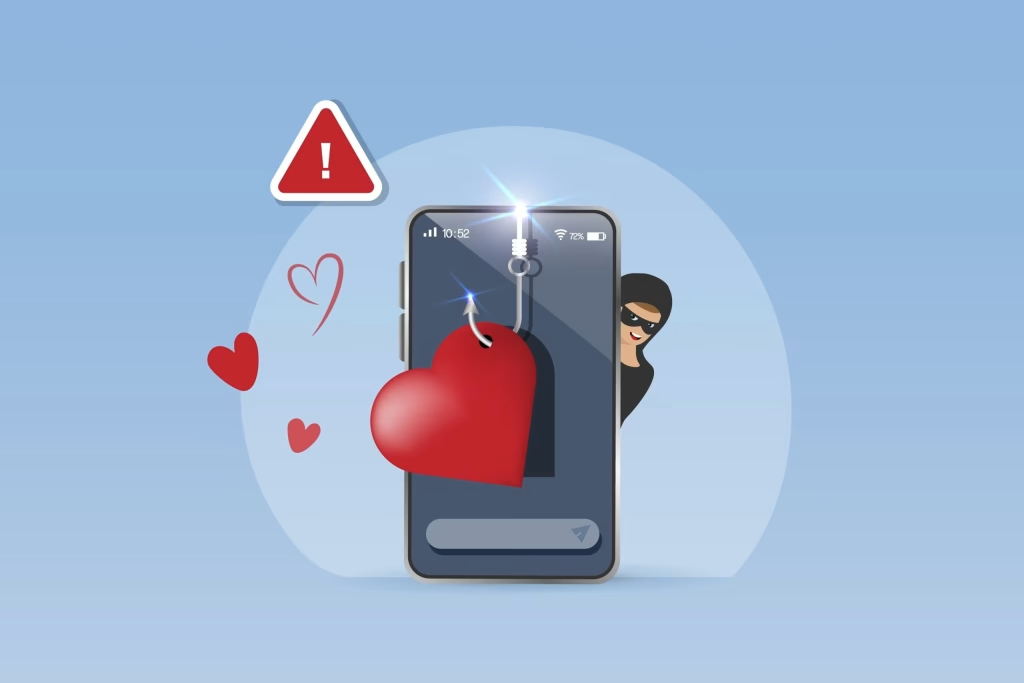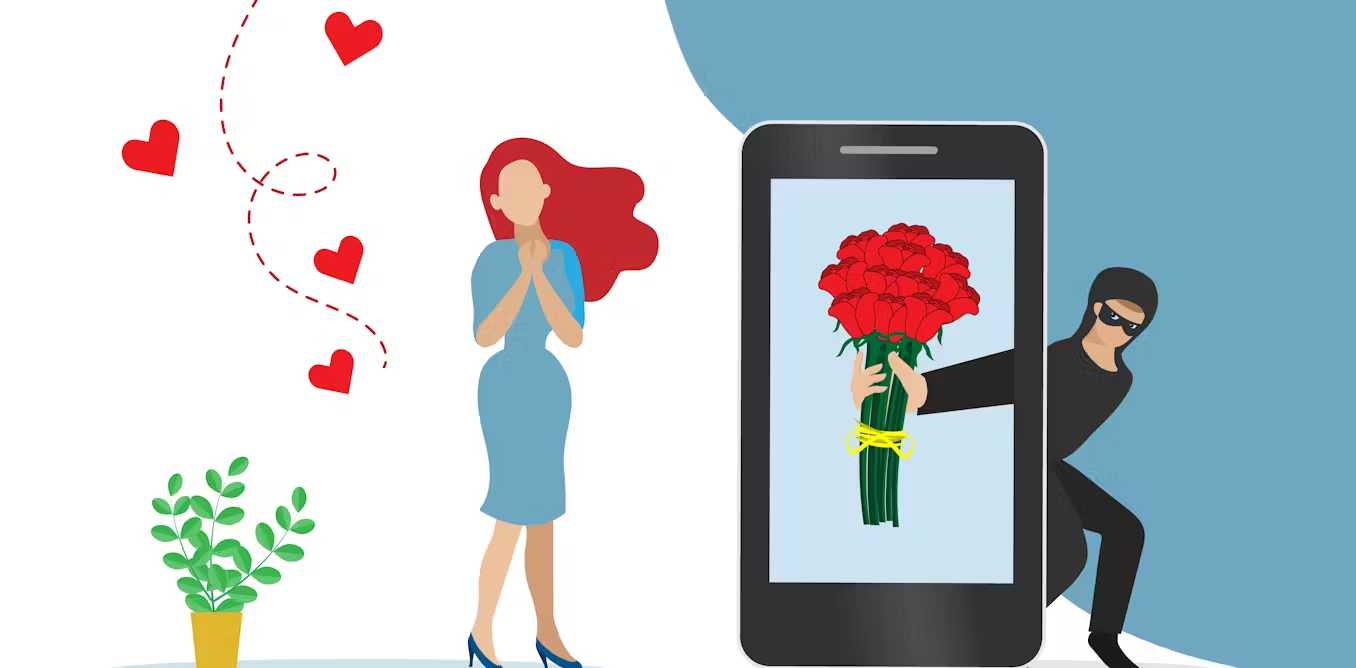Online dating has created endless opportunities for people seeking love and companionship. Unfortunately, it has also given rise to sophisticated scams that exploit trust and vulnerability. Falling victim to a dating scam is not only a financial loss—it is an emotional wound that can shatter confidence and trust. Recovery may feel overwhelming, but with time, self-compassion, and support, healing is possible.
Acknowledging the Pain
The first step toward recovery is recognizing the emotional impact of what happened. Many survivors feel embarrassment, guilt, or shame, often blaming themselves for being deceived. It’s important to understand that dating scams are carefully crafted to manipulate emotions. Professional scammers invest time and effort in creating believable stories and building trust. Acknowledging the pain without self-judgment allows you to begin the process of letting go of blame.
Breaking the Silence
One of the most harmful effects of a scam is the isolation victims feel afterward. Many people choose to keep their experience hidden, worried about what others might think. However, sharing your story with trusted friends, family members, or even a therapist can ease the burden. Talking about the experience helps release bottled-up emotions, validates your pain, and reminds you that you are not alone. Support groups—whether online or in-person—also offer reassurance by connecting you with others who understand exactly what you are going through.
Understanding the Emotional Fallout
Being scammed in the context of romance can feel like a deep betrayal. Victims often report symptoms similar to grief or trauma, including anxiety, sadness, anger, and loss of trust. It is common to question your own judgment and feel as though your ability to trust has been permanently damaged. These emotions are normal and do not indicate weakness. By treating your feelings as valid and allowing yourself to process them, you set the foundation for true recovery.
Finding Healthy Outlets
Emotional healing requires practical steps that nurture your well-being. Many people find writing in a journal to be therapeutic, allowing them to reflect on their emotions in a safe space. Others use mindfulness or meditation to calm their thoughts and regain focus. Physical activities like walking, yoga, or exercise can also restore balance by releasing stress. Creative outlets such as art, music, or writing provide additional ways to process emotions. These activities don’t erase the pain, but they strengthen your resilience and help you move forward.

Rebuilding Trust
When the time comes to date again, it’s natural to feel hesitant. The key is to rebuild trust gradually, both in yourself and in others. Set clear boundaries, verify identities, and take relationships slowly. Be mindful of red flags such as requests for money, reluctance to meet in person, or overly fast declarations of love. By applying what you’ve learned, you protect yourself while giving genuine connections the chance to flourish. Instead of letting the scam define you, see it as an experience that sharpened your awareness and made you stronger.
Turning Pain into Purpose
Some survivors of dating scams find strength in helping others. Whether by writing about your journey, joining scam-awareness campaigns, or volunteering for organizations that support victims, sharing your experience can transform pain into advocacy. This not only helps protect others but also empowers you to reclaim control over your story. Using your voice as a tool for change creates meaning from what once felt like senseless betrayal.
Patience in the Healing Process
Healing is never instant. It is a gradual process that involves setbacks as well as progress. Some days will feel heavier than others, and that’s okay. What matters is that you continue moving forward, even if only in small steps. Over time, the shame and grief will fade, replaced with clarity, resilience, and hope.





